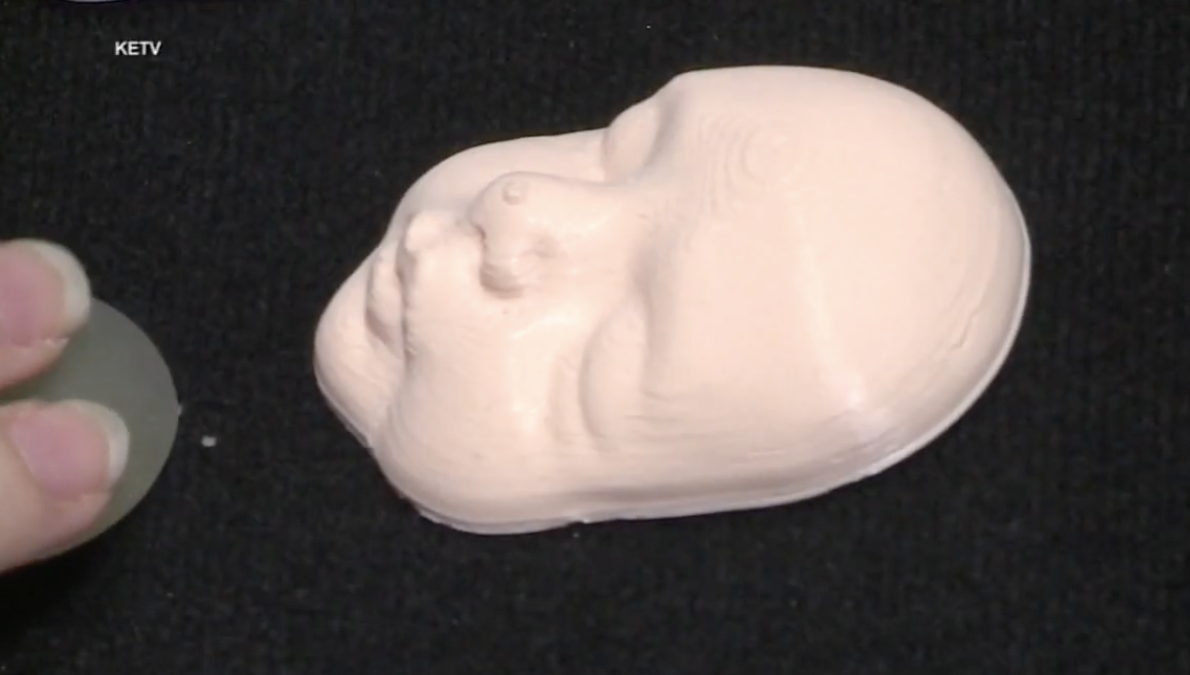
When you think of loud animals, turtles don’t really come to mind, but an evolutionary biologist has rewritten the book on our preconceived notions. According to new research, “more than 50 animal species previously thought to be mute actually communicate vocally, according to a study published on Tuesday which suggested the trait may have evolved in a common ancestor over 400 million years ago.”
Science wrote that the findings imply animals began to vocalize very early in their evolutionary history—even before they possessed well-developed ears, says W. Tecumseh Fitch, a bioacoustician at the University of Vienna who was not involved with the work. “It suggests our ears evolved to hear these vocalizations.”
Several years ago, University of Arizona evolutionary ecologist John Wiens and his graduate student Zhuo Chen started looking into the evolutionary roots of acoustic communication—basically defined as the sounds animals make with their mouths using their lungs. Combing the scientific literature, the duo compiled a family tree of all the acoustic animals known at the time, eventually concluding such soundmaking abilities arose multiple times in vertebrates between 100 million and 200 million years ago.
But Gabriel Jorgewich-Cohen, an evolutionary biologist at the University of Zürich, noticed an oversight: turtles. Though Wiens and Chen had found that only two of 14 families of turtles made sounds, he was finding a lot more. He spent 2 years recording 50 turtle species in the act of “speaking.”
Microphones in hand, Jorgewich-Cohen and his colleagues had also discovered acoustic vocalizations in three other creatures not known to do so: a legless amphibian called a caecilian; a lizardlike New Zealand reptile called a tuatara; and lungfish, a freshwater, air-breathing fish that is considered to be the closest living relative of land animals.
Out of the 53 species Jorgewich-Cohen’s team studied, the most chatty was the South American wood turtle, a relatively small species often sold as a pet. The team recorded over 30 vocalizations, including one that sounded like a creaking door utterance deployed by males wooing potential mates and a squeaky cry that only came out of the young turtles.
Next time you see an animal that tends not to make a sound, make sure to say hello. They might say hello back if you listen closely enough.










[…] [Read More: Your Pet Turtle May Not Be As Silent As You Think] […]